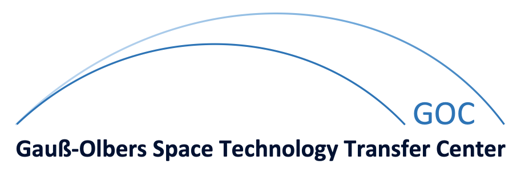Blind Interference Suppression for DS/CDMA LEO Satellite Communication Systems
| Autoren: | S. Fischer, V. Kühn, K.-D. Kammeyer, B.L. Wenning | ||||||
| Kurzfassung: | This paper focuses on interference suppression aspects for DS/CDMA (Direct Sequence / Code Division Multiple Access) LEO (Low Earth Orbit) satellite communication systems. The interference of other users represents a serious problem for LEO satellite CDMA systems. The application of interference suppression systems is a promising approach to mitigate the multiuser problem. With the concentration on the forward link the user has no information about the other users and so a blind algorithm is needed. Furthermore, due to the movement of the satellite the user?s constellation in a beam varies and therefore an adaptive algorithm must be implemented. In this paper three blind adaptive interference algorithms are applied to a LEO satellite communication system and their performance is compared. The LMS (Least Mean Squares) detector has a good performance compared to the conventional receiver, aside from having a slower convergence. The AS-LMS (Adaptive Step Size Least Mean Squares) algorithm is based on the LMS detector with an adaptive step-size. Its adaptation rate is improved and also in the steady state it performs better than the LMS. The best performance was that of the RLS (Recursive Least Squares) algorithm, however, this method requires an increased processing power. |
||||||
| Dokumenttyp: | Konferenzbeitrag | ||||||
| Veröffentlichung: | Florence, Italy, 25. - 28. Februar 2002 | ||||||
| Konferenz: | European Wireless 2002 | ||||||
| Seiten: | 946-951 | ||||||
| Index: | 192 | ||||||
| Dateien: |
|
Zuletzt aktualisiert am
25.04.2008
von
Admin
© Arbeitsbereich Nachrichtentechnik - Universität BremenImpressum / Kontakt







